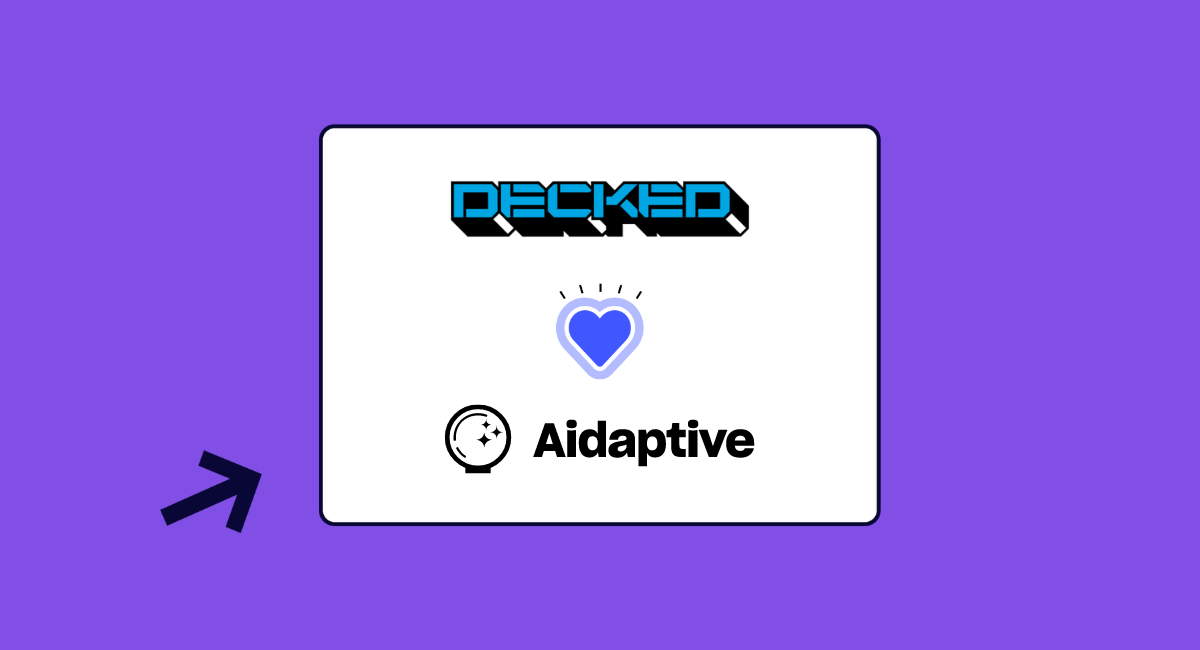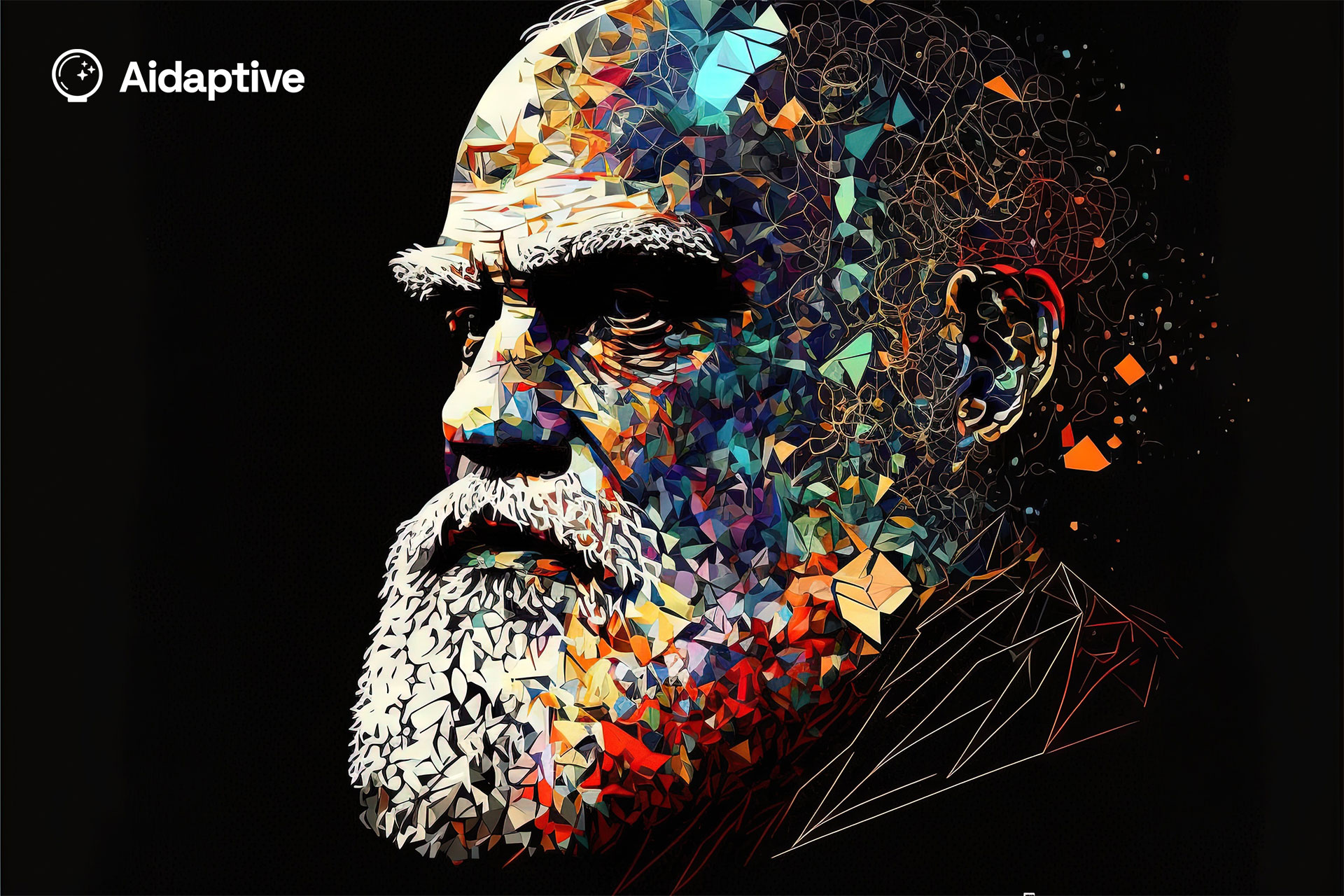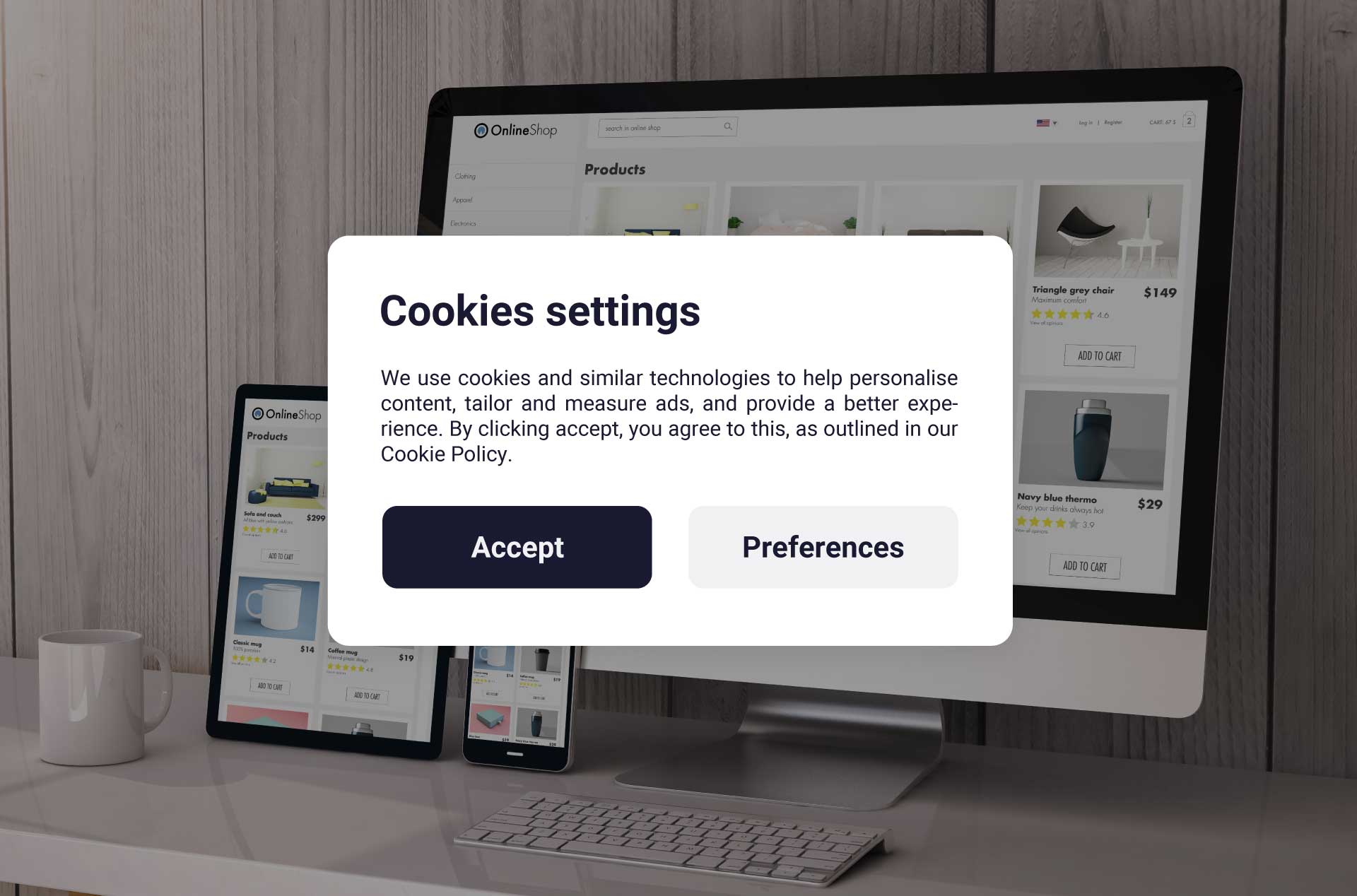Starting with The Big Picture
It’s not a secret that eCommerce merchants are suffering from falling returns on their paid advertising investments. It’s a trend that pains the entire eCommerce ecosystem – or… nearly all of it.
But while merchants can’t prevent rising ad costs, there are strategies to soften the blow. Think: Predictable increase in revenue-per-shopper. Conversion rate growth. More repeat transactions.
Massive players – e.g., Amazon, Airbnb, Google and Meta – have long taken advantage of machine learning to attract and enrapture shoppers worldwide; the byproduct of which has restricted the data-independence of early-stage & mid-market businesses. Aidaptive empowers these companies to transform their plethora of existing data into a sustainable, scalable path to independence.
Aidaptive is working with eCommerce merchants to fight the good fight against powers that make it difficult to succeed.
We want our customers to build a cult following of loyal customers. We want our products to help businesses compete against Amazon and other big tech giants. We want to create predictability in a changing marketplace.
Intelligent, predictive technology has never been more important.
Context for Success
Decked – an eCommerce merchant that the Aidaptive team has enjoyed working with – is an adventurous brand that sells truck and truck-bed accessories. They help to support the needs and wants of construction workers, overlanders, outdoor enthusiasts, and tactical truck owners.
Their Director of User Acquisition and her marketing team were a pleasure to work with: they made it clear that they were an experienced group of individuals.
The team had been hitting sales goals successfully for some time. They focus meaningful effort on conversion rate optimization (CRO) in their website flow, and have an excellent content team that creates fun, funny, and compelling email marketing campaigns.
Their CRO is a constant, iterative process of tweaking and testing to push performance up.
Their fun and engaging content is a major differentiator in generating their customer affinity & loyalty.
That said, they were feeling a couple of salient pains despite a well-performing program.
First, they were experiencing a decline in the ROI of their paid traffic. And this had been accelerated over the prior 2-3 quarters.
Second, the conversion rate optimization efforts were manual and time intensive. There is a limit to how many A/B tests and rules-based segment personalization a team can manage.
Unfortunately it’s a tale we hear quite a lot. And our team at Aidaptive is passionate about solving it. A loyal customer is too valuable to lose, especially with rising costs of ads across search and social.
Whether it was creating a larger cart size and higher AOV, just plain converting more net new visitors, or generating more upsells with accessories: the Decked team wanted to do some testing to see where they could combat this challenge.
They rolled-out an experiment to understand if Google-grade machine learning could drive more revenue for their eCommerce store.
You’re reading this story because, well, it did!
Partnering with a Predictive Personalization Engine
Decked’s marketing director looked to Aidaptive to layer on predictive optimization technology into their customer buyer journey.
They used Aidaptive’s one-click Shopify App integration, and the machine learning engine created predictions and insights that would be automatically deployed to their eCommerce storefront.
After data processing – with a few clicks, they were able to include the Aidaptive Predictive Recommendations widget in key locations across the website shopping flow.
In addition to a simple integration, we built a consultative relationship together. Since the Aidaptive team is still relatively small, we take a very close stance with our customers – aiming to grow together to enable their existing efforts. To add fuel to their fire.
Results Driven by Predictive Personalization
After the first 6 weeks of their evaluation period, we stepped back to determine the impact of our machine learning’s predictive personalization.
First: Shoppers that engaged with the Aidaptive experience versus the control had a 13% increase in conversion rate.
This is a material change in their ability to convert new traffic.
And it just happened automatically. They plugged in Aidaptive and let the intelligence engine deploy, test, and retest on their site visitors.
Second: The “ML” test generated 21% higher revenue per store session, compared with their control group.
The revenue-per-visitor metric is one we’ve been encountering more and more recently. It’s a means to understand the efficacy of an eCommerce website’s ability to turn traffic into doll hairs.
So, how does it work?
The Aidaptive intelligence engine collects all available signals along the customer journey: both for those who successfully convert and those who abandon somewhere along the journey.
Aidaptive uses this rich data to build models of similar and anomalous customers and their behaviors. The intelligence engine models real life shopping behavior.
What do you get from that? Predictive Personalization.
Aidaptive can orchestrate personalized shopper journeys based on insights of previous shopper paths. This means introducing predictive recommendations, predictive search results, predictive pricing and promotions, and predictive content that guides customers down their ideal path.
Marketers and eCommerce practitioners are familiar with the importance of conversion rate optimization: tweaking and testing increase the percentage of shoppers that turn into sales.
That CRO paradigm started with A/B testing – splitting traffic to test multiple experiences and redistributing towards the path that performs best.
However, it shifted to IF / THEN rules-based optimization, where marketers could define segments using a shopper’s attributes (e.g., location or source/medium, etc), and then deliver specific customized experiences.
But we can only create and manage so many rules and segments.
Even with workflow tools that simplify the process – building the segments, establishing rules, designing specific website attributes, updating the store theme – there is significant time-input and room for improvement.
Thus emerged a more intelligent conversion rate optimization technique powered by machine learning. ML starts with data, makes a prediction about shopper behavior, measures what happens, creates more data, and then repeats. A predictive ML intelligence engine discovers micro-segments of shoppers, creates millions of optimization rules, and updates those in real-time – automatically.
The outcome? Merchants create custom experiences for each unique shopper based on their information, interests, and impulses – making customers more likely to convert.
Brands can save time and turn even more of their expensive traffic into revenue and loyalty.
Revisiting The Big Picture
It’s true: eCommerce merchants are shouldering the weight of falling ROAS. This comes in large part from the rising cost of advertising – including the need to invest in social channels that promote brand image over conversions.
But as always, shopping is a world of relevance.
As your store more and more precisely engages customers with tailored shopping journeys… more and more conversions will follow. Whether you deploy relevant content, recommendations, offers, price points, timed messages, or otherwise – predictive experiences work.
Aidaptive empowers businesses to discover and model individual customer intent, and then activate this data to create personalized and relevant brand experiences throughout the buying journey.
Our team and tech has been helping customers like Decked on their path. We’re eager to talk to you to understand how your store can stop losing sales.





